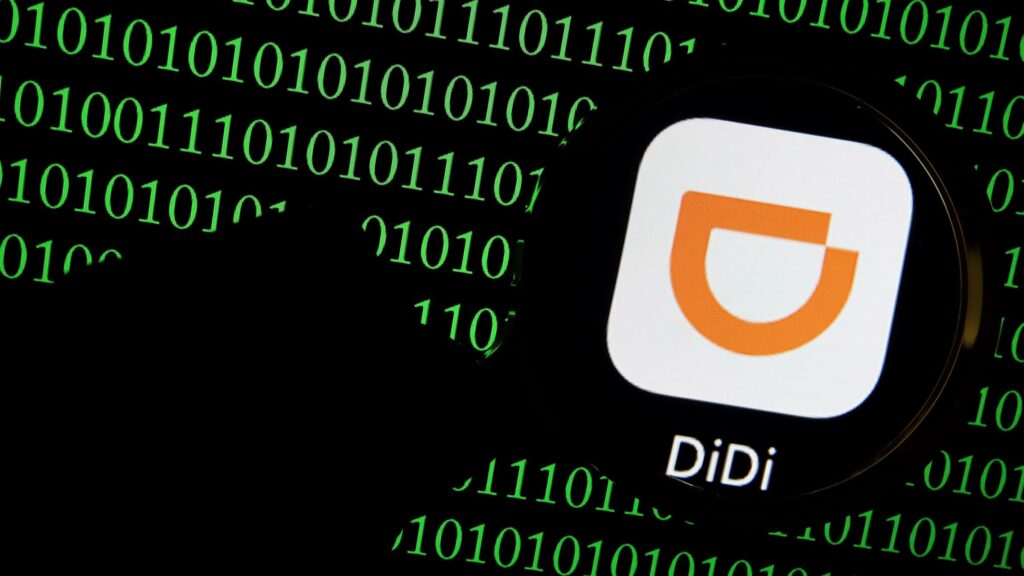Xi and Washington’s China hawks unite against IPOs in US


President Xi Jinping is finally addressing what his administration has long seen as a nagging national security risk and a glaring weakness in China’s capital markets — their inability to attract the country’s best tech companies, which have instead streamed to New York to raise capital.
That steady flow of business and prestige for US bourses is now over. Having spent most of his second term focusing on perceived national security risks in Xinjiang, Hong Kong and China’s domestic financial sector, Xi is turning his attention to the country’s New York-listed tech champions and the data that drive their businesses.
The ostensible trigger for this new campaign was Didi Chuxing’s move to push ahead with a $4.4bn US initial public offering on the eve of celebrations marking the centennial of the Chinese Communist party’s founding. The ride-hailing company did so despite concerns at home that US regulators would be able to access its troves of customer data.
In response, the Cyberspace Administration of China, the country’s internet regulator, on July 2 ordered Didi to stop recruiting new users pending a review of its data security practices. When US trading of the company’s newly listed shares resumed on Tuesday, they fell 20 per cent.
Lest anyone missed the message, on Tuesday night the Chinese government’s State Council and the party’s Central Committee issued rare joint guidelines that will lead to much greater scrutiny of overseas IPOs. As a result, said Chen Long at Plenum, a Beijing-based consultancy, the CAC “could become the de facto top authority for approving [tech] IPOs”.
While detailed procedures and requirements have yet to be spelt out, it is clear that Chinese technology champions’ previous freedom to list shares overseas when and where they saw fit has been rescinded. The new policy is also consistent with Beijing’s “increasing emphasis on self-reliance and more inward-looking policies”, said Eswar Prasad, a China finance expert at Cornell University.
One early investor in Didi, who was lucky enough to sell his shares before the probe was announced, noted that the regulations were intentionally vague. “China can justify anything in the name of national security, just as the US does,” the investor said. “Xi has made it quite clear he doesn’t want China’s top companies to IPO in the US.”
The irony is that many of Washington’s leading China hawks, such as Florida senator Marco Rubio, do not want China’s top companies to IPO in the US either.
In addition to Didi, which has more than 490m users, Chinese tech champions listed in the US include Sina Weibo, which operates China’s equivalent of Twitter, and ecommerce giant Alibaba. The latter was a New York-only listed company for five years before completing a secondary listing in Hong Kong in 2019. Imagine the reaction of Washington’s China hawks if the likes of Twitter and Amazon were only listed in Shanghai.
Washington’s leading China critics should not want what Xi wants, and vice versa. If Xi is right that New York listings by the likes of Alibaba, Weibo and Didi are bad for China, then they are probably on balance good for the US. But on Tuesday, Rubio told the Financial Times that allowing Didi to list in New York had been “reckless and irresponsible”.
Rubio and many others on Capitol Hill object to the fact that Chinese companies have so far been able to evade US audits, as Beijing does not allow them to open their books to overseas accountants.
Xi’s administration is concerned that this could change. Legislation signed by Donald Trump during his final year in office can force the delisting of any company that does not agree to audits by the Washington-based Public Company Accounting Oversight Board for three years.
Xi and Rubio probably both agree that three years is too long. Thanks to the Didi debacle, they may both get what they wish for a lot sooner than that.